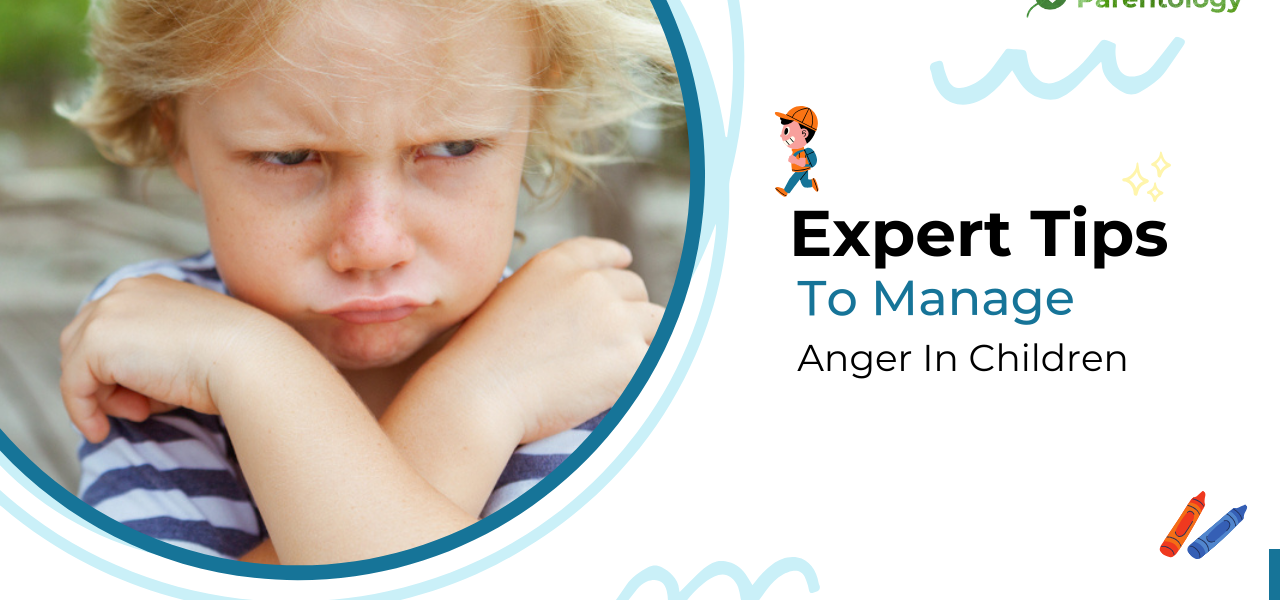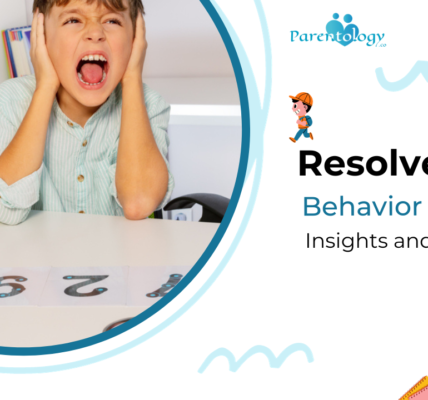8 Effective Ways to Manage Anger in Children – Expert Tips
Children with anger issues require a thoughtful approach to help them navigate their emotions. As a parent or caregiver, understanding effective anger management techniques is crucial for creating a supportive environment. In this comprehensive guide, we’ll explore eight proven ways to handle anger in children.
Understanding Anger in Children
Before diving into strategies, it’s essential to comprehend why children experience anger. Common triggers include frustration, unmet needs, or difficulty expressing emotions verbally. Acknowledging these triggers is the first step in developing effective anger management techniques.
1. Communicate Openly with Children with Anger Issues
Creating an open line of communication is fundamental. Encourage your child to express their feelings, and actively listen without judgment. Use age-appropriate language and ensure they feel heard and understood.
2. Teach Relaxation Techniques
Introduce simple relaxation methods like deep breathing or counting to ten. These techniques empower children to pause, reflect, and regain control over their emotions. Consider incorporating fun elements, like blowing bubbles during deep-breathing exercises.
3. Establish a Routine
Children thrive on routine, providing them with a sense of security and predictability. A consistent schedule can prevent potential triggers and contribute to emotional stability.
4. Encourage Physical Activity
Regular physical activity is a powerful outlet for pent-up energy and frustration. Engage your child in activities they enjoy, whether it’s sports, dancing, or simply playing outdoors.
5. Model Healthy Coping Mechanisms
Children often learn by example. Demonstrate healthy ways to cope with stress and frustration. This could involve sharing your experiences or showing them how you manage your own emotions.
6. Utilize Positive Reinforcement
Acknowledge and praise your child when they handle anger appropriately. Positive reinforcement reinforces good behavior, motivating them to adopt healthier coping strategies.
7. Provide a Safe Space
Designate a specific area where your child can retreat when feeling overwhelmed. Equip this space with comforting items and encourage its use as a peaceful retreat during moments of heightened emotions.
8. Seek Professional Support
If anger issues persist or escalate, consider consulting a child psychologist or counselor. Professional guidance can uncover underlying issues and provide tailored strategies for your child’s unique needs.
9. Creative Expression
Encourage artistic expression as a way for your child to release and process emotions. Provide art supplies and engage in activities like drawing, painting, or sculpting to offer an alternative channel for their feelings.
10. Storytelling for Emotional Literacy
Create or find stories that depict characters managing anger effectively. This not only offers valuable lessons but also helps your child relate to fictional characters, fostering emotional literacy.
Navigating Anger Together
It’s crucial to involve your child in the process of anger management. Collaborate with them to establish personalized strategies that cater to their unique needs and preferences.
- Collaborative Goal Setting: Work together to set achievable goals related to anger management. Celebrate small victories to boost their confidence.
- Establish a ‘Cooling-Off’ Ritual: Create a calming ritual your child can engage in when feeling overwhelmed. This could include listening to soothing music, taking a short walk, or practicing mindfulness exercises.
- Monitor Progress: Regularly check in with your child to assess the effectiveness of implemented strategies. Adjust approaches as needed, ensuring a dynamic and responsive plan.
Supporting Parents Through the Process
Understanding and managing a child’s anger issues can be challenging for parents and caregivers. It’s essential to acknowledge that seeking support is a strength, not a weakness.
Professional Guidance
If you find that your child’s anger issues persist or escalate, seeking professional guidance is a proactive step. A child psychologist or counselor can conduct assessments, identify underlying issues, and provide tailored strategies. They often collaborate with parents to create a comprehensive plan that addresses the child’s emotional well-being.
Parental Self-Care
Effectively supporting a child through anger management requires parents to prioritize their well-being. Ensure you’re taking time for self-care to manage stress and maintain a positive and patient approach. This sets a valuable example for your child on the importance of emotional well-being.
Community Resources
Explore community resources and programs designed to support children with anger issues. Local community centers, schools, or mental health organizations may offer workshops, support groups, or counseling services. Connecting with other parents facing similar challenges can provide valuable insights and a sense of community.
Online Platforms for Support
In the digital age, numerous online platforms offer guidance and support for parents dealing with children’s anger issues. From informative articles and forums to webinars and expert-led sessions, these resources can complement traditional approaches.
Continuous Learning and Adaptation
As your child grows and develops, so will their emotional landscape. Stay informed about age-appropriate anger management strategies, parenting techniques, and resources. Being adaptable and open to evolving strategies ensures continued support for your child’s emotional well-being.
Encouraging Positive Relationships
Building positive relationships is a cornerstone of effective anger management. Encourage healthy interactions with peers, siblings, and adults. Positive relationships provide emotional support, outlets for expression, and opportunities to learn valuable social skills.
Celebrating Progress
Acknowledge and celebrate your child’s progress in managing their anger. Small victories should be recognized and praised, reinforcing positive behavior. This positive reinforcement motivates the child to continue implementing effective anger management strategies.
FAQs on Children with Anger Issues
Q 1: How common are anger issues in children?
Ans 1: Anger issues in children are relatively common, with various factors contributing to their development.
Q 2: Are anger issues a phase, or should I be concerned?
Ans 4: While some anger is a normal part of development, persistent or extreme anger may require professional intervention.
Q 3: Can genetics play a role in a child’s anger issues?
Ans 3: Yes, genetics can influence a child’s predisposition to anger, but environmental factors also play a crucial role.
Q4: Are there specific signs that indicate a child is struggling with anger?
Ans 4: Signs may include frequent tantrums, aggression, withdrawal, or changes in behavior and sleep patterns.
Q5: How can parents help a child who struggles with anger at school?
Ans 5: Open communication with teachers, implementing consistent strategies, and involving school counselors can be beneficial.
Q6: Should consequences be part of anger management for children?
Ans 6: Consequences should focus on teaching rather than punishing, emphasizing the impact of actions on themselves and others.
Q7: What role do emotions play in anger management for children?
Ans 7: Understanding and validating a child’s emotions are crucial steps in effective anger management.
Q8: Can siblings contribute to a child’s anger issues?
Ans 8: Sibling dynamics can influence a child’s emotions, but fostering healthy relationships and conflict-resolution skills can mitigate issues.
Q9: How can technology impact a child’s anger management?
Ans 9: Setting screen time limits and monitoring content can help minimize the negative impact of technology on a child’s emotional well-being.
Q10: Are there support groups for parents dealing with children’s anger issues?
Ans 10: Yes, many support groups and resources are available, providing parents with valuable insights and coping strategies.
Final Thoughts
In the journey of helping children with anger issues, patience, empathy, and a proactive mindset are key. Remember that each child is unique, and the path to effective anger management may vary. By combining professional guidance, self-care, community support, and a commitment to continuous learning, you can create an environment that fosters emotional resilience and well-being for your child.
As you navigate this path together, know that you’re not alone. Many parents face similar challenges, and there is a wealth of resources available to support you and your child. With dedication and a compassionate approach, you can empower your child to manage their anger effectively and navigate a path towards emotional growth and stability. Learn more information from parentology.co.


